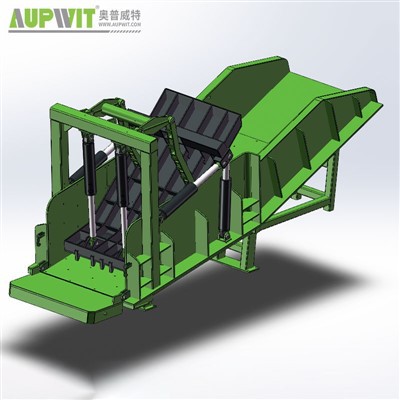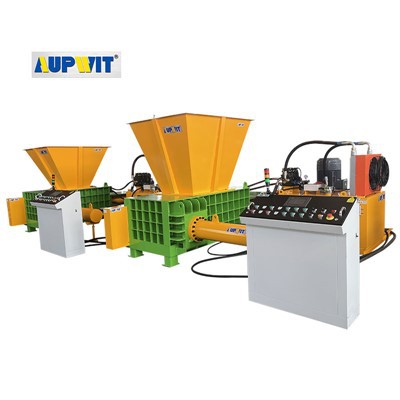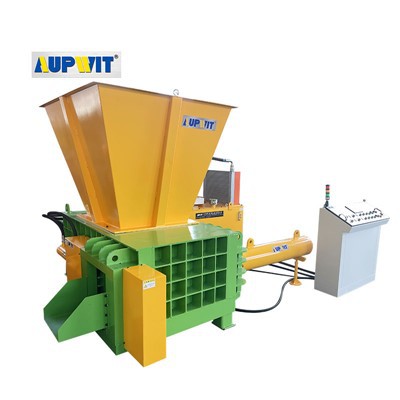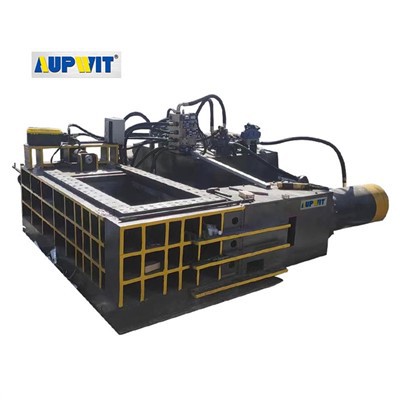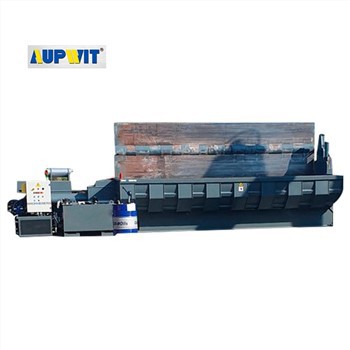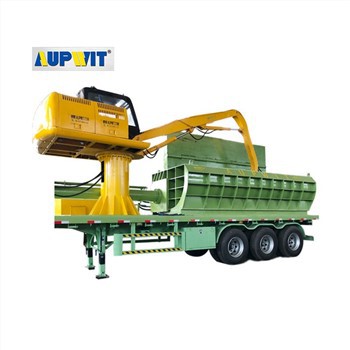How to Determine the Lifespan of a Briquetting Press
Evaluating the lifespan of a Briquetting Press requires careful analysis of several critical factors that influence its durability and operational efficiency. Below are the key considerations for assessing and extending the service life of your equipment.
1. Material and Construction Quality
The press's longevity heavily depends on the materials used for its core components. High-grade steel or alloy structures with corrosion resistance and fatigue strength tend to withstand prolonged heavy use. Hydraulic presses with chrome-plated cylinders or heat-treated steel molds demonstrate superior wear resistance.
2. Maintenance and Usage Practices
Regular maintenance including lubrication of moving parts, seal replacements, and chamber cleaning prevents premature damage. Operator training on proper usage and avoiding overloading are equally crucial for longevity.
3. Operational Environment
Exposure to harsh conditions like humidity, corrosive gases, or abrasive materials accelerates component degradation. Additional protective measures may be necessary in challenging environments.
4. Manufacturer Reputation and Design
Well-established manufacturers using rigorous testing and modular designs typically produce more durable machines with longer service lives.
Key Wear Indicators to Monitor
- Reduced pressure output
- Unusual noises or vibrations
- Visible frame cracks or deformations
- Hydraulic fluid leaks
- Decreased briquette density
- Increased energy consumption
- Frequent component failures
- Excessive heat generation
5. Industry Standards and Usage Frequency
High-volume operations naturally experience more wear. Following manufacturer service intervals and maintaining detailed logs helps predict lifespan, typically ranging from 5 to 20 years depending on these factors.
By systematically evaluating these factors and implementing proper maintenance protocols, operators can accurately assess their briquetting press's remaining lifespan and take proactive measures to extend its productive service.


